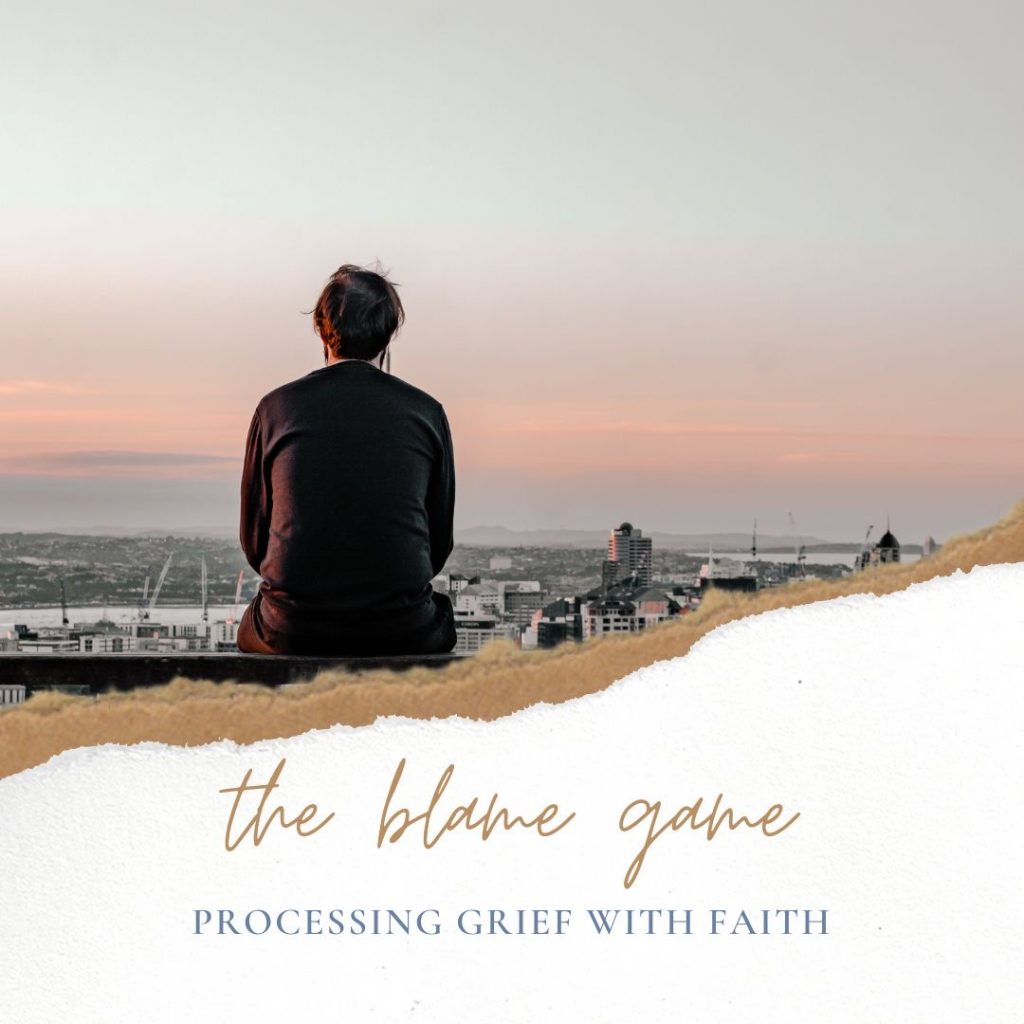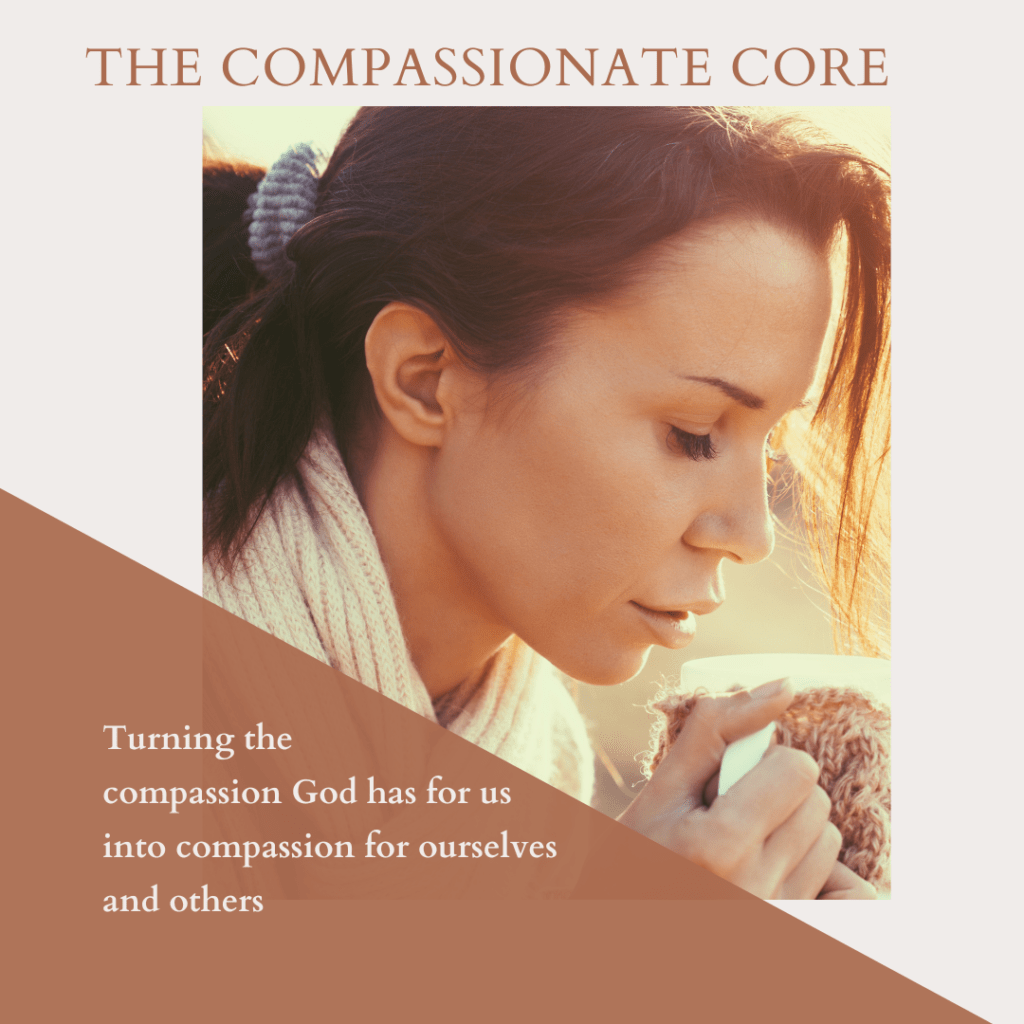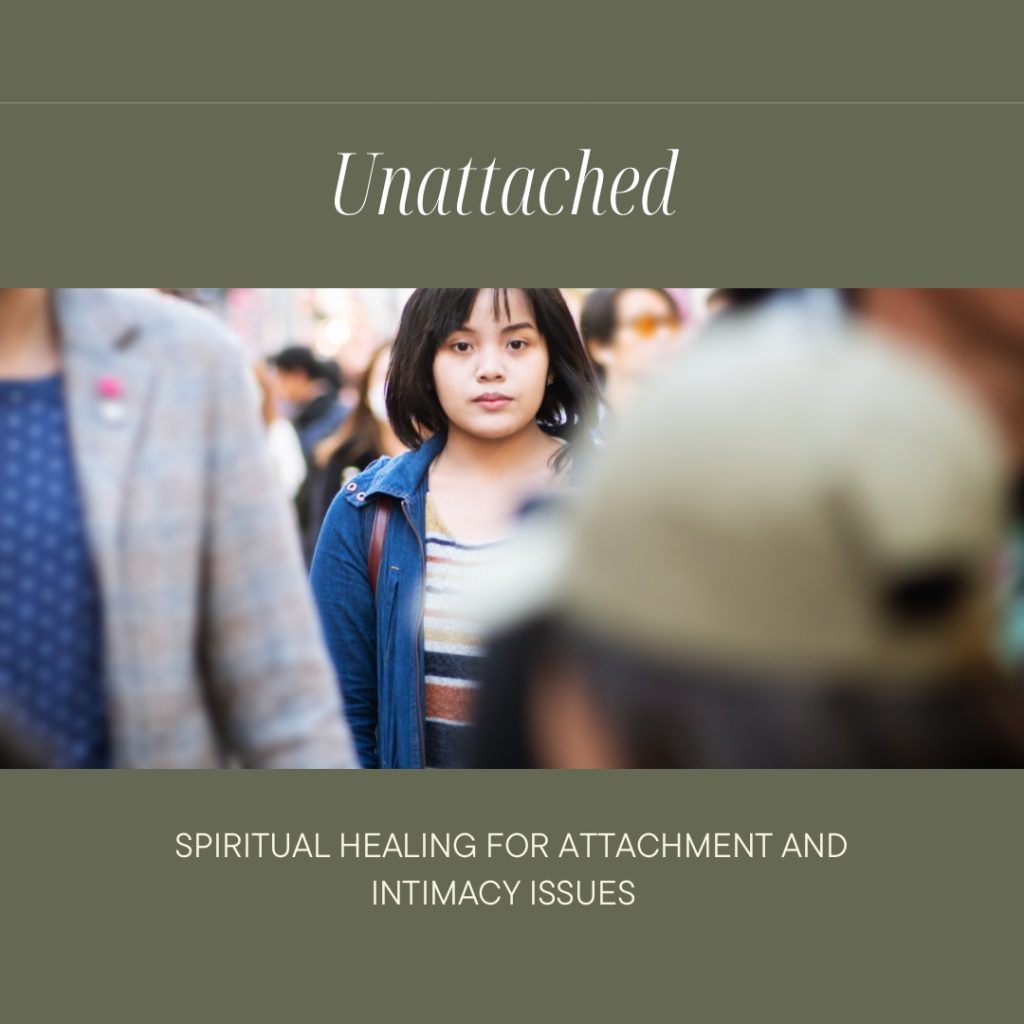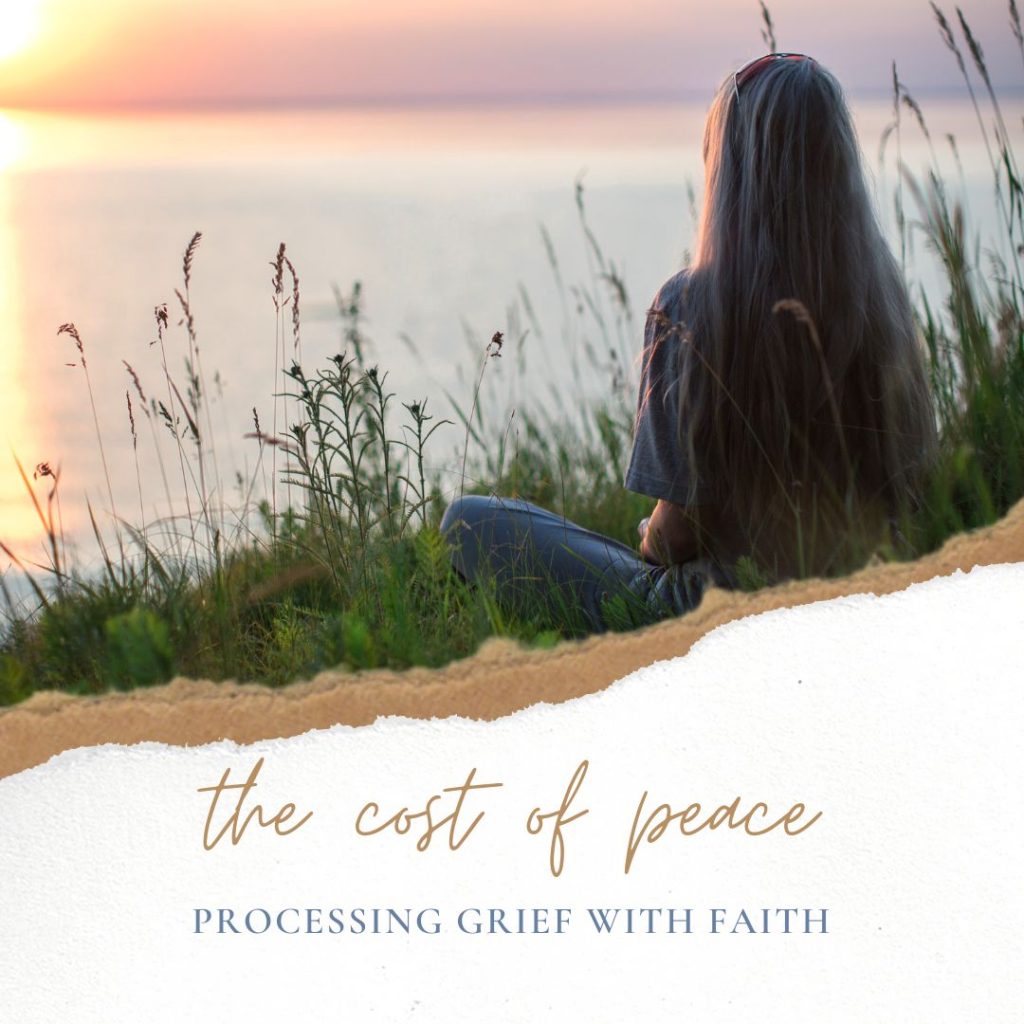How do you react when you come face to face with something you think you should have done better?
While working through a recent disappointment with something I became aware of how hard I was on myself. There was a certain phrase being repeated which was so subtle it took a while to surface. But what emerged could be summed up in this: I should have done better.
As a recovering high achiever with some perfectionist tendencies, I’ve had to face this dislike of my own insufficiency over and over. Behind it seems to be the sense that I simply think I should be better.
Sometime back I heard a speaker give a talk on the technique of replacing the word “should” with “could” in our self-talk in order to develop a healthier relationship with ourselves and become the people we really want to be.
“Could” is a long way from “should” …
Moving from “Should” to “Could”
When I’ve put this into practice the two words bring with them a very opposite sense on the inside. When I tell myself I should have known something, done something better etc., I’ve made a judgment towards myself. A judgment always brings shame and condemnation which will fail to produce a positive result.
Changing our word usage to I “could” have known something or done something differently produces an entirely different emotional response because it actually is closer to the truth. We only knew what we knew then and we made the choice we did from that knowledge.
“Could” opens up the possibility to grow …
“Should” locks us down in judgement and condemnation.
And if we believe we “should have” just done it some other way we won’t be quick to take that thing to God (who is our only hope of changing…).
In this mindset, if we do muster up some courage to bring our failure to God it will likely be accommodated by apologetically promising to do better next time.
Both of these responses are attempting to be self-righteous.
Believing we have the ability to be righteous on our own without Him …
The Problem with our “Should”
The problem with our “should” default is that it is skewed in its perception of reality. It was developed throughout childhood from the voices we heard from the opinions of others. It was composed from the beliefs we formed about ourselves in certain experiences and situations. All that combined leaves our “should-er” very inaccurate. It is simply broken.
It’s a voice that drives in contrast to the Voice that guides.
These past couple years of some deconstruction has brought me face to face with self-righteousness living in me on numerous occasions.
My journey parallels the message of the gospels which urge us to forsake our perceived self-righteousness for true God righteousness through His Son Jesus. This is the path to peace and wholeness.
The voice that tells me I “should have” comes from a place either within me or externally that has not realized the reality of its own limitations and the tremendous capacity found in God alone.
Being your own worst critic is not spiritual!
God never put you and I in charge of our own spiritual growth
I challenge you to try changing your self-talk from “should” to “could”. Note what changes you experience as you do: how do you feel towards yourself, others, life or God? Do you feel more open and accepting? How does the switch in wording effect the way you perceive your thoughts or actions in a particular scenario?
This simple switch can dramatically change the way we approach ourselves and our weaknesses. I have found it has led to much greater relationship with God and others as I feel more confident to be honest.
I hope it draws you close to His heart and positively affects the way you see yourself.





Leave a Comment